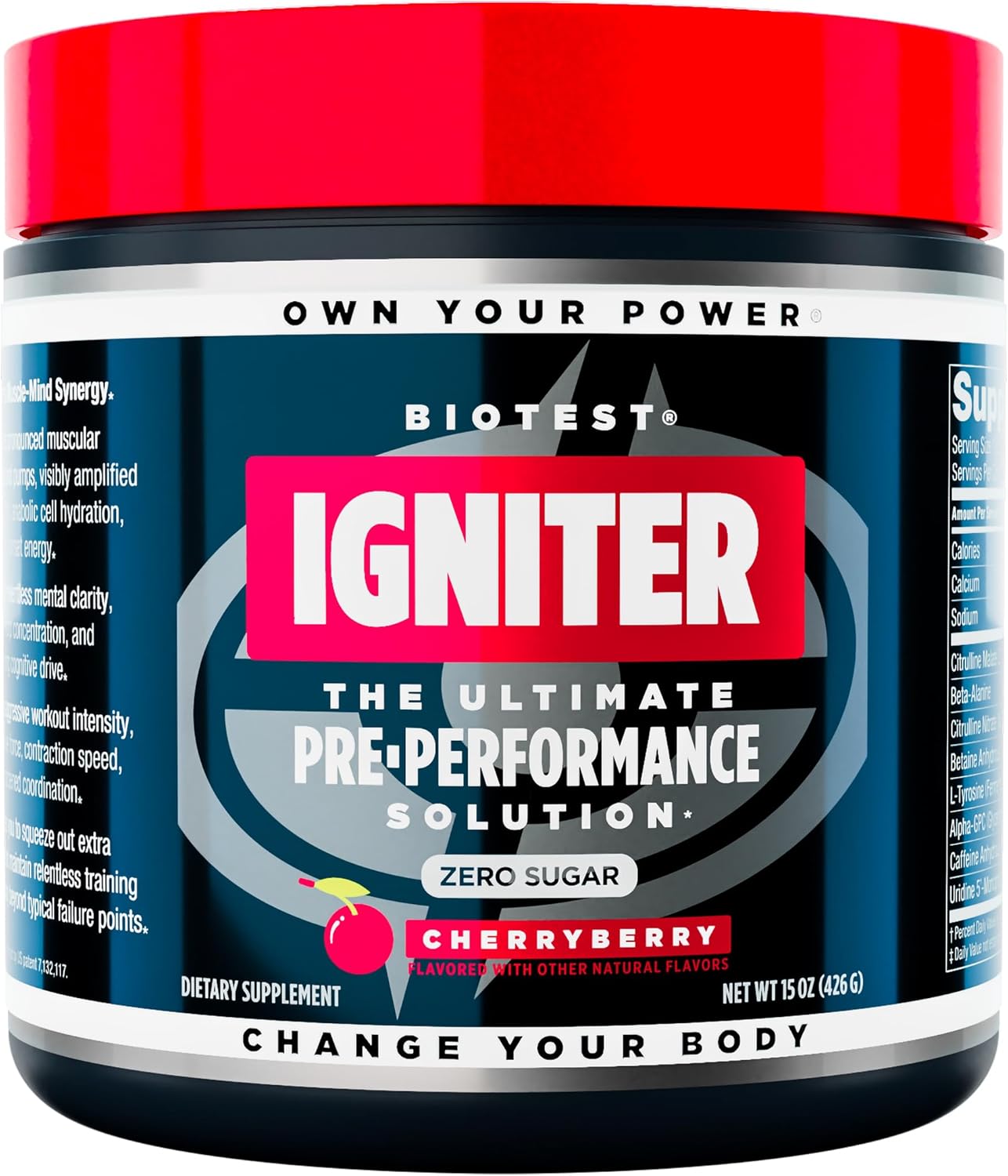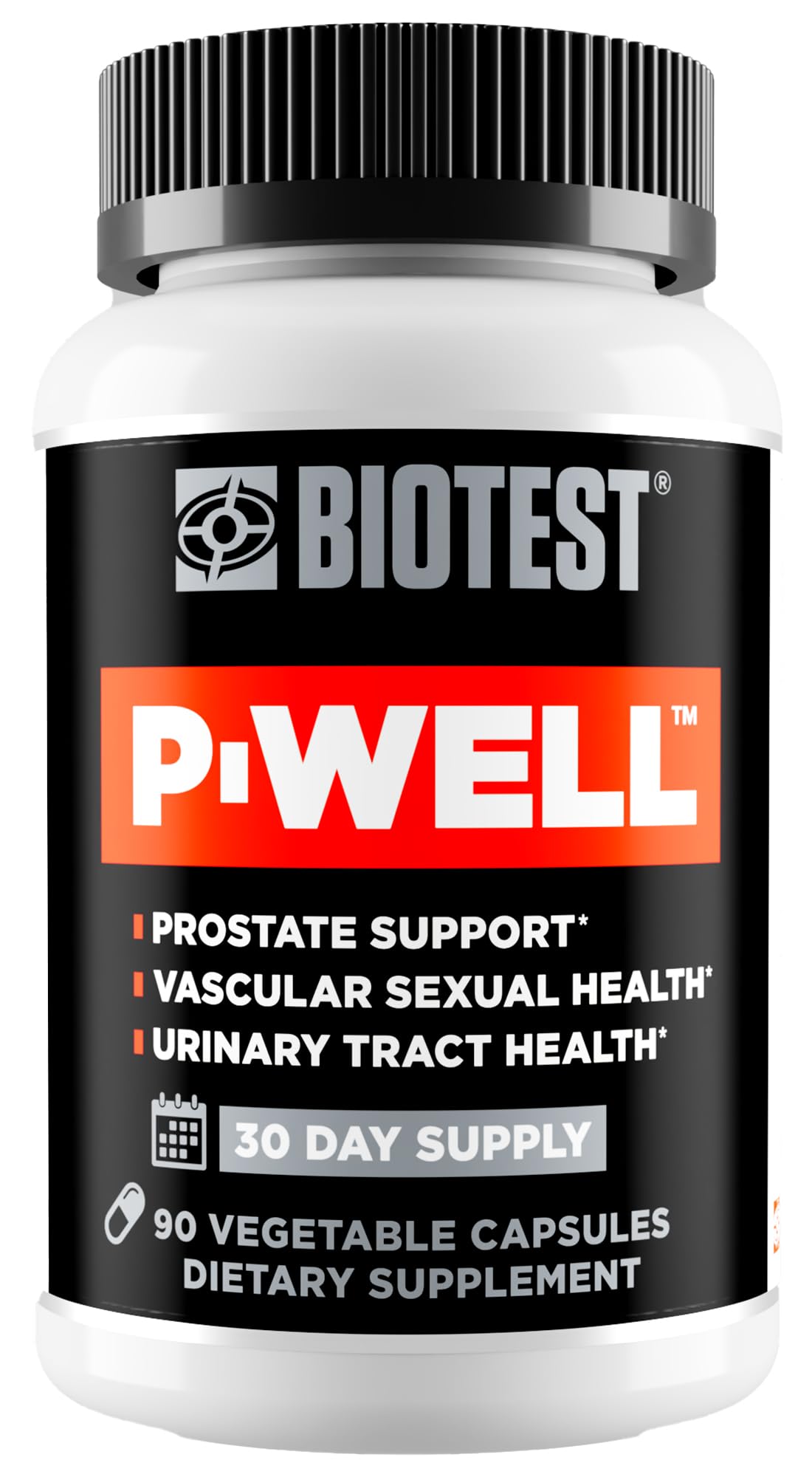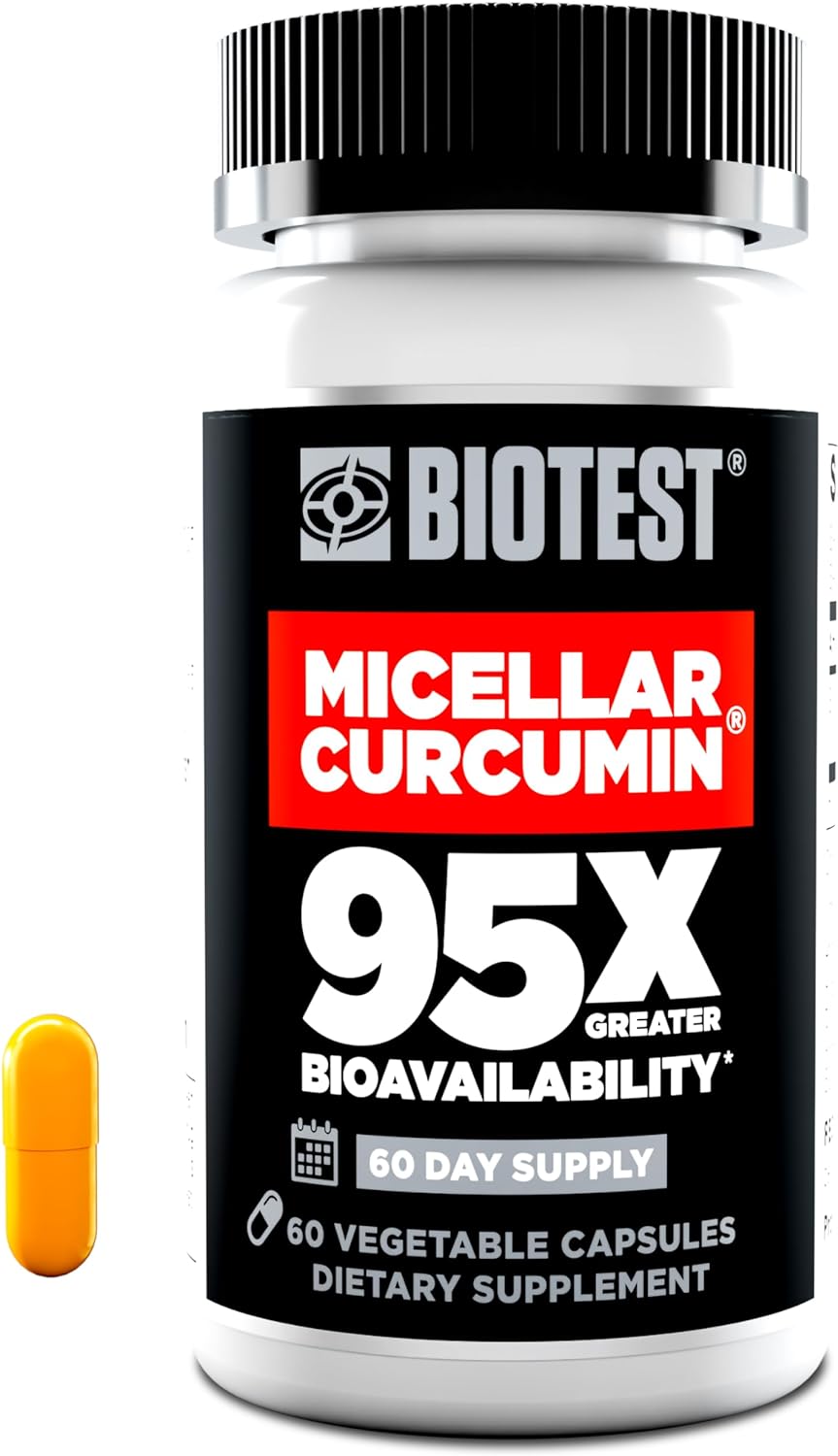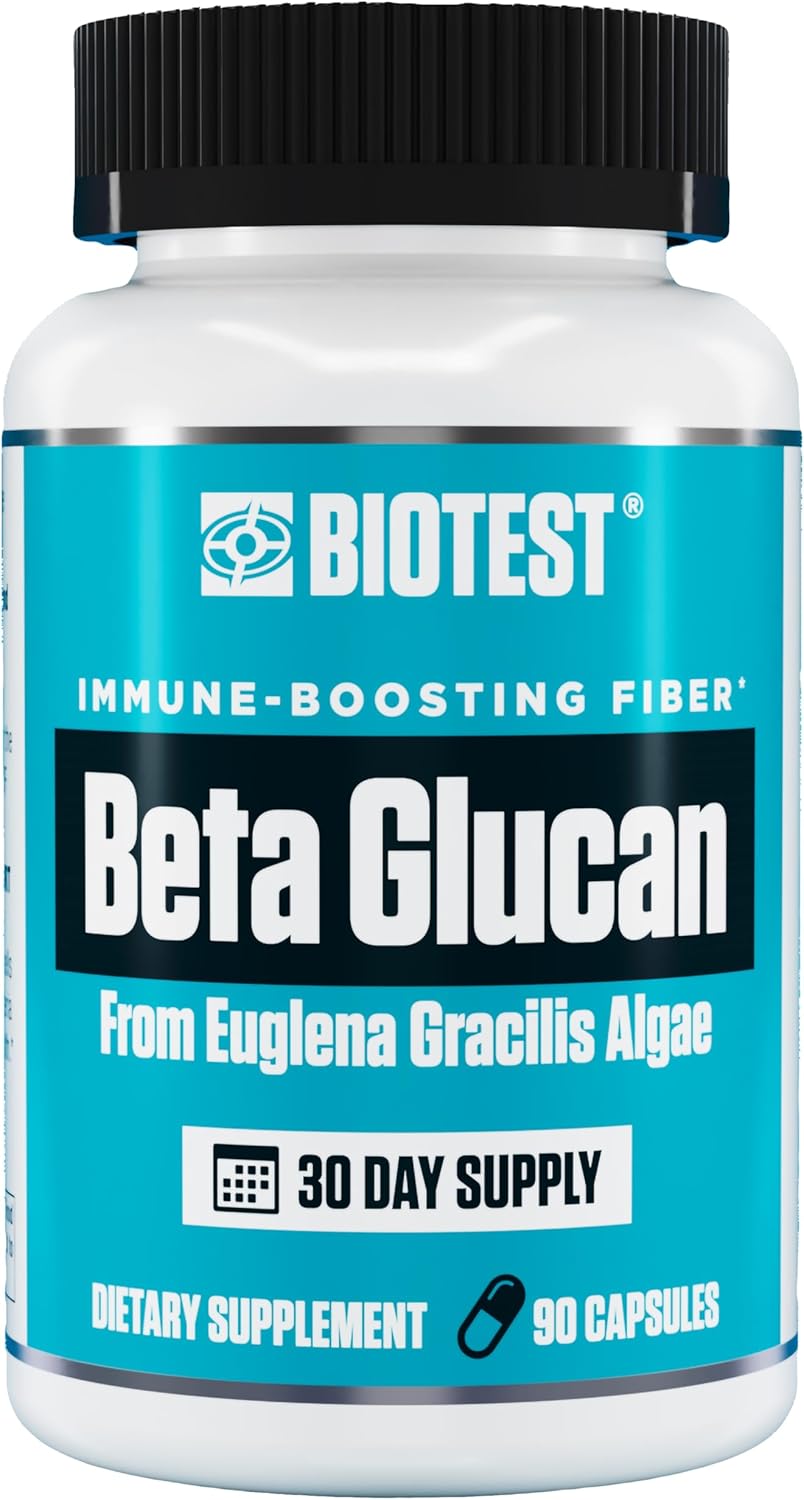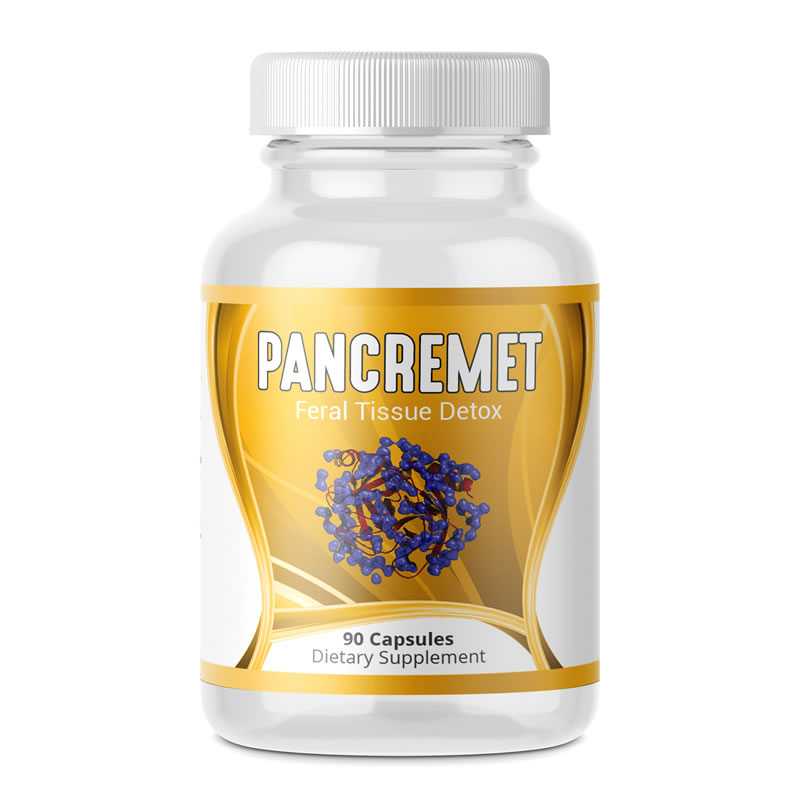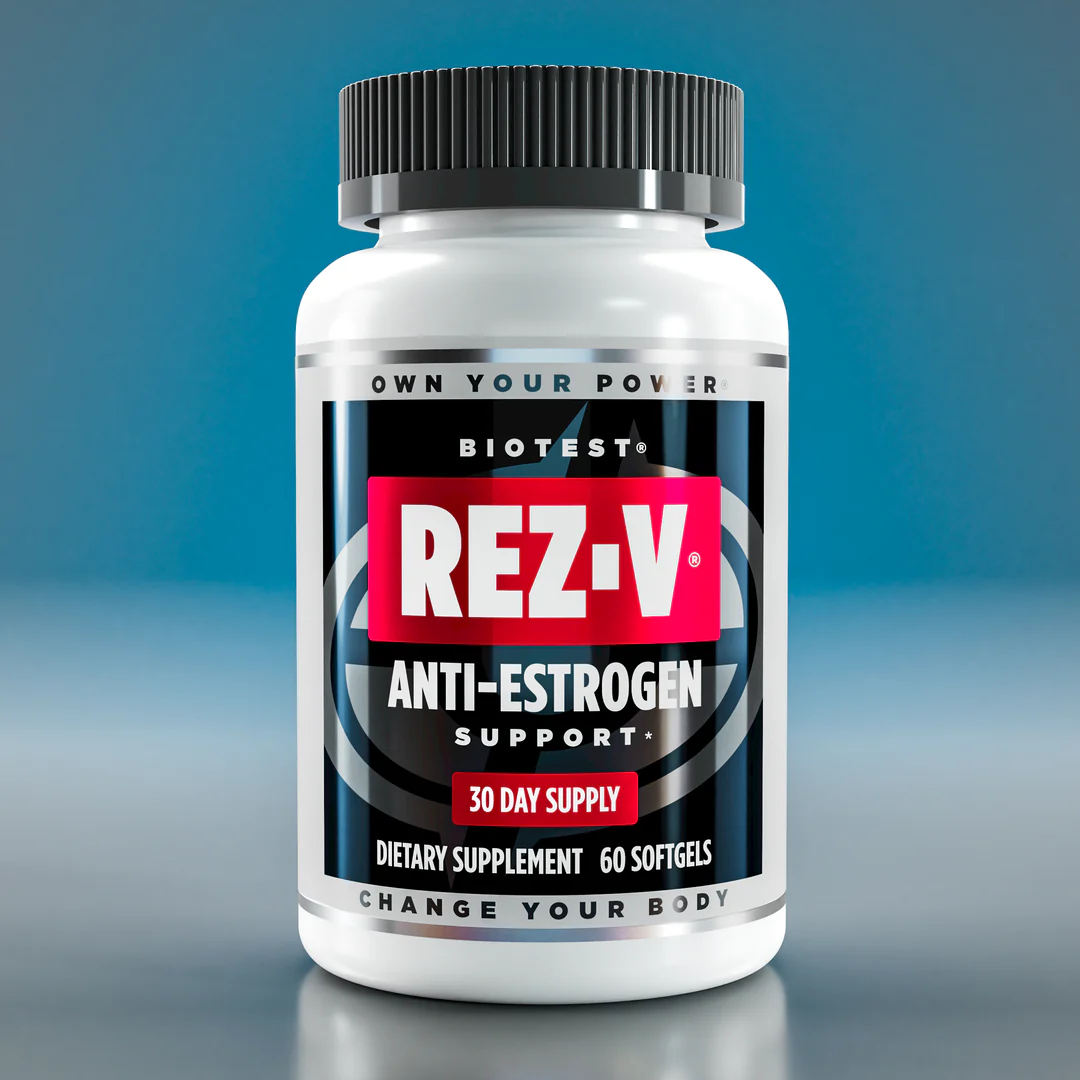- What's New?
- Why a Home Gym?
- Functional Trainers
- Longevity Training
- Fat Loss Workouts
- The Best Workout For Men
- Fat Loss For Women
- Healthy Eating
- How To Improve Your Microbiome
- Biosuperfood
- Iridesca
- Superfood
- Shilajit
- Micellar Curcumin
- Rez-V
- Beta Glucan
- P-Well
- Copper GHK
- Fibrenza
- LipiCept
- Flameout
- Igniter
- Indigo-3G
- Omega-Man
- Feral Tissue Protocol
- Pancremet
- How To Avoid Microplastics
- AirDoctor 3500
- ENVION Therapure
- Airpura R600
Best Home Workout Plans Blog
The Best Home Workout Plans Blog lets you know whenever any new or updated Web pages appear on Boutivo Health and Fitness.
To subscribe to Best Home Workout Plans Blog (no e-mail address necessary), RIGHT-click on the orange RSS button and then copy-and-paste the URL of the "RSS feed" into your blog reader.
Or click on the Google, My Yahoo!, or My MSN button if you use one of those, then follow their instructions.
Recent Articles
-
Igniter Review – #1 Review
Sep 03, 25 04:19 PM
Based on actual customer feedback, our Igniter review found that it…
Sep 03, 2025
Igniter Review – #1 Review
Based on actual customer feedback, our Igniter review found that it…
Jul 30, 2025
How to Choose the Right Magnesium
Magnesium is having a moment right now. New studies are coming out weekly, and the mainstream media is talking about it like it's something new. But that's a good thing. Up to 80% of people aren't getting enough of a mineral involved in over 300 biochemical reactions in the body. That's not good.
What happens if you're running low on magnesium? You'll experience low sex drive, easy fat gain, and difficulty putting on muscle. A deficiency is also linked to depression, anxiety, brain fog, bad sleep, low energy, and even high blood pressure.
Now that the word is getting out, magnesium supplementation is hot. The problem? There are several forms of magnesium. Some quickly fix a deficiency, some barely work at all, and some just upset your stomach.
Magnesium: A Buyer's Guide
Every form of supplemental magnesium has its pros and cons. Here's the rundown:
Magnesium Glycinate
Description: Magnesium chelated with glycine, an amino acid. Found in premium supplements.
Bioavailability: Very high. Highly absorbable due to its chelated form, which enhances intestinal uptake.
Strengths: Gentle on the stomach. Quickly raises magnesium levels. Glycine has calming effects, aiding sleep and reducing anxiety and stress.
Weaknesses: More expensive than oxide or citrate.
Summary: Works best for correcting magnesium deficiency quickly. It's great for muscle recovery and won't cause gastrointestinal problems like other forms. Take it before bed to calm down and sleep better. Biotest’s Elitepro Vital Minerals contains 400 mg of magnesium glycinate, along with other chelated minerals that most people are deficient in.
Magnesium Oxide
Description: A combination of magnesium and oxygen, often found in low-cost or generic supplements.
Bioavailability: Very low. Poorly absorbed due to its low solubility in water.
Strengths: It's cheap.
Weaknesses: Low absorption rate limits its effectiveness for correcting magnesium deficiency. Commonly causes gastrointestinal side effects.
Summary: Skip magnesium oxide unless you're plugged up and need to get “regular”.
Magnesium Citrate
Description: Magnesium bound to citric acid.
Bioavailability: Moderate.
Strengths: Good balance of bioavailability and affordability.
Weaknesses: May still cause loose stools in high doses needed to correct deficiencies. Larger tablets are needed.
Summary: It's not as good as glycinate, but better than oxide. In short, it's okay.
Magnesium Sulfate (Epsom Salt)
Description: Magnesium bound to sulfate, typically used in baths or IV therapy.
Bioavailability: Low for oral use; variable for transdermal use. IV forms are highly bioavailable.
Strengths: Epsom salt baths are inexpensive and relaxing. IV magnesium sulfate is used in medical settings for rapid magnesium repletion.
Weaknesses: Poorly absorbed orally and not suitable for supplementation. Transdermal absorption is debated and likely minimal.
Summary: Research on transdermal absorption is inconclusive. Most studies show that sulfate isn't a good choice for fixing a low magnesium problem. It works well in IVs for problems like preeclampsia or arrhythmias, though.
Other Forms
Other forms of magnesium are available but less common, including malate, taurate, and orotate. These may have their uses, but research is currently limited.
Jul 24, 2025
The Ultimate Protein Bar For Weightlifters & Athletes
The best protein bars fuel your workouts, protect against catabolism, and promote body fat mobilization.
Lifters and athletes eat protein bars for a lot of reasons, but usually not for fat loss. And no, we're not talking about some bar spiked with a trendy fat-loss ingredient, but a bar that not only provides protein, fuels intense workouts, and hydrates you better than any Gatorade concoction but also promotes fat-burning through the use of a very cool, functional carbohydrate.
That protein bar exists. That multi-talented protein bar is Biotest's FINi Bar and the functional carbohydrate is Palatinose, commonly known as isomaltulose.
The Carb That Improves Fat Oxidation
Isomaltulose is manufactured from the sucrose harvested from beet juice. It has a mild, natural sweetness. More importantly, it's a low glycemic index (GI) carb that prompts the body into using body fat for energy by improving fat oxidation to a much larger degree than other carbs. That means isomaltulose is the only carb to provide sustained energy while simultaneously supporting fat mobilization – releasing free fatty acids from fatty tissue.
What Else is Cool About the FINi Bar?
Most protein bars try to pass themselves off as having been formulated with some sort of functions or healthful virtues so that people can fool themselves into thinking they're being nutritionally pious. Too bad these bars are really just chocolaty protein delivery systems – fine for getting protein in an emergency but not much else.
The FINi Bar really is a functional protein bar, though. Yes, like all other protein bars, it contains a nice bolus of protein, and it does all the normal protein bar things like promoting muscle protein synthesis, but the FINi Bar does a lot of other things that conventional protein bars don't, courtesy of isomaltulose:
· Increased fat oxidation, leading to fat loss (assuming you're not pigging out during other meals).
· Sparing of glycogen in muscles and liver during exercise, thus enhancing exercise capacity.
· Blood sugar levels kept stable.
· Minimal increases in insulin release.
· Hydrolyzed completely in the gut so that there's absolutely no bloating or intestinal discomfort of any kind.
· Far better hydration than water or conventional sports drinks.
· Doesn't cause a post-meal decline in endothelial health, thus making it "heart healthy," at least in insulin-resistant people.
· Improves metabolic conditions in general and leads to a decrease in waist circumference.
· Leads to greater satiety, thus reducing hunger.
Have a FINi Bar before a lifting workout, a 50-mile bike ride, as a mid-morning snack, before bed, or any time you want an extra hit of protein.
Jul 23, 2025
Ages 44 & 60: Your Aging Turning Points?
New research shows that we don't age linearly, but in rapid bursts at ages 44 & 60. Here's why & how to disrupt it.
Ever had that moment where you suddenly feel old? Well, Stanford University researchers have discovered some pretty exact times when your body suddenly gets older at the molecular level: ages 44 & 60. See, before their research, we assumed that our bodies aged gradually at a steady pace. That makes sense linearly.
But how do we define "age?" Chronologically, it's defined by the calendar. At the molecular level, it's defined by clusters of biological processes.
Each cluster represents a set of molecules or microbes that change nonlinearly, peaking or declining at specific ages. These clusters are associated with distinct biological pathways & aging-related processes. Two "bursts" of accelerated change occur at 44 & 60 according to their research.Let's take a look at the study, then figure out how to disrupt these bursts of rapid aging.
The Study
The researchers recruited over 100 participants between 25 & 75 & used multi-omics profiling to see how they aged over the years.
Multi-omics integrates multiple layers of biological data: DNA, RNA, proteins, metabolites, lipids, & microbial communities. This holistic profiling method captures the complex interactions & dynamic changes across these biological systems.
It gets complex, but basically, they identified molecules & microbes exhibiting nonlinear changes around age 44 & again at 60:
· Cluster 1: Oxidative stress-related
· Cluster 2: Histone modification & epigenetic regulation
· Cluster 3: Insulin signaling & glucose metabolism
· Cluster 4: Immune response & inflammation
· Cluster 5: Lipid metabolism & cardiovascular health
· Cluster 6: Microbial metabolism
Put all those together & you're looking at an increased risk of cardiovascular disease, cancer, neurodegenerative disorders, various metabolic diseases, &, of course, systemic inflammation.
Dozens of nutritional supplements positively influence each cluster, but there are functional overlaps. For example, microbial metabolites (cluster 6) modulate inflammation (cluster 4) & lipid metabolism (cluster 5), linking gut health to systemic aging.
So, to minimize the list of supplements that ward off rapid aging bursts, let's focus on those that stand out for their ability to target at least three clusters each:
1. Cyanidin-3-Glucoside effectively targets five of the six clusters – oxidative stress, immune response/inflammation, insulin signaling, lipid metabolism, & microbial metabolism – with strong evidence for antioxidant, anti-inflammatory, metabolic, & microbiome-modulating effects. Its impact on the histone modification cluster is less direct but plausible through SIRT1 & AMPK pathways.
2. Omega-3s (Fish Oil): Best for inflammation, lipid, & microbiome health, reducing cardiovascular & systemic inflammatory risks.
3. Curcumin: Ideal for epigenetic, inflammatory, & oxidative stress modulation, supporting gene regulation & cellular health.
4. Ubiquinol: Strong for oxidative stress, cardiovascular health, & metabolic function, protecting mitochondria & vascular systems.
5. Alpha Lipoic Acid: ALA is effective for oxidative stress, insulin sensitivity, & epigenetic support, addressing metabolic & cellular aging.
Jul 23, 2025
Grow Two Years Younger in 8 Weeks
Eat more of these foods & your body will stop aging. Well, not quite. But you will look & feel younger.
Visualize a 50-year-old man. What do you see? You might be picturing a paunchy guy with a sagging face & a bulging gut: a TV sitcom dad with teenage kids. Or you could be visualizing a fit, healthy fellow. He has some gray hair but also some muscles & youthful energy.
Both types of 50-year-old men exist. One looks & feels his age... or older. The other is often mistaken for someone 10 years younger. This is the difference between chronological age & biological age, how old your body seems based on physical & molecular markers.
We've only been able to measure biological age for the last decade or so using DNA methylation clocks. These epigenetic tools measure biological aging by tracking chemical changes, like the addition of methyl groups to DNA at certain sites in the genome, which predictably shift with age. Slower methylation shifts show that you're aging slower than expected.
Recently, we've learned that taking at least 2000 IU of vitamin D3 daily reduces cellular wear & tear & slows telomere shortening, another sign of aging. Omega-3’s do the same thing via cortisol reduction.
Now, using some of that same research, researchers have pinpointed the exact foods you need to consume to further slow (& even rewind) biological aging.
Methyl Adaptogens: The Study
In this study, men were told to eat certain foods & avoid others for 8 weeks. Their DNA methylation patterns were tested before & after. For example, they were instructed to avoid sugar, junk fats, & alcohol. They were also given a list of foods known as methyl adaptogens. These are polyphenol-rich foods known to modulate DNA methylation.
The result? Those who consumed a lot of methyl adaptogens displayed biological age reductions exceeding two years (in just 8 weeks). These guys didn't just age more slowly; their biological age shifted backward compared to the control group.
The methyl adaptogen eaters also lost 4-5 pounds, but the researchers concluded that the weight loss didn't cause the biological age reductions. It was the food they consumed.
So, What Foods Should I Eat?
Here are the most common methyl adaptogen foods:
Berries
Turmeric (curcumin)
Green & Oolong Tea (EGCG)
Garlic
Broccoli
Spinach
Kale
Pomegranate
If adding several of these foods to your daily diet seems daunting or unpalatable, just have a scoop of Biotest Superfood daily.
Along with other fruits & veggies, the Superfood formula contains seven different berries, pomegranate, broccoli, spinach, kale, & green tea extract. Eat some garlic & add some turmeric, & you'll have all your methyl adaptogen bases covered in one tiny scoop.
ReferenceVillanueva, J. L., Adorno Vita, A., Zwickey, H., Fitzgerald, K., Hodges, R., Zimmerman, B., & Bradley, R. (2025). Dietary associations with reduced epigenetic age: A secondary data analysis of the methylation diet and lifestyle study. Aging, 17(4), 994–1010.
Jun 06, 2025
How To Avoid Microplastics – A Step-By-Step Plan
If you want to know how to avoid microplastics, read on.
Continue reading "How To Avoid Microplastics – A Step-By-Step Plan"
Jun 04, 2025
P-Well Review – #1 Review
Based on actual customer feedback, our P-Well review found that it…
Jun 02, 2025
How To Improve Your Microbiome – A Step-By-Step Plan
Why the "experts" are wrong about how to improve your microbiome.
Continue reading "How To Improve Your Microbiome – A Step-By-Step Plan"
May 29, 2025
Micellar Curcumin Review – #1 Review
Based on actual customer feedback, our Micellar Curcumin review found that it…
May 28, 2025
Beta Glucan Review – #1 Review
Based on actual customer feedback, our Beta Glucan review found that it…
May 26, 2025
Longevity Training - Get Older, Stay Awesome
Want to stay fit and strong as you age? Find out how with longevity training.
Continue reading "Longevity Training - Get Older, Stay Awesome"
May 23, 2025
Pancremet Review – #1 Review
Based on actual customer feedback, our Pancremet review found that it…
May 22, 2025
Feral Tissue Protocol
The feral tissue protocol re-thinks how and why feral tissue grows in the human body.
May 20, 2025
Rez-V Review – #1 Review
Based on actual customer feedback, our Rez-V review found that it…
If you are a lover of all things health and fitness, or if you'd simply love to learn more about these topics, please subscribe to Coach John's newsletter below.
